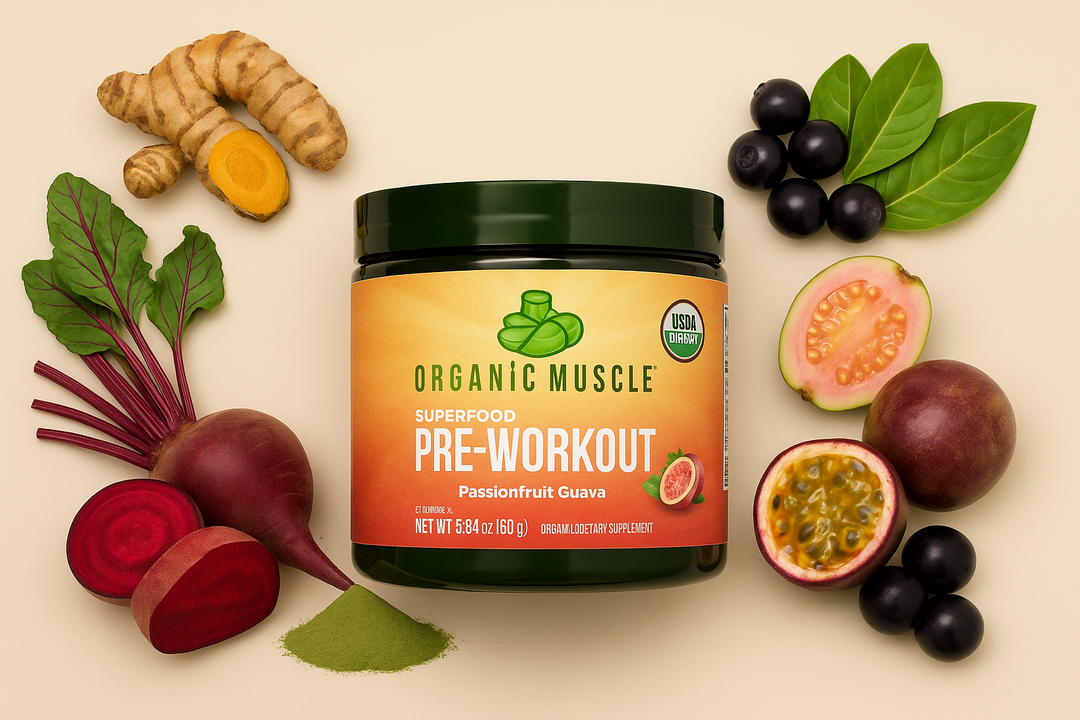It is important to make sure we are getting enough vitamin D during the winter months because our risk of vitamin D deficiency and infections is greatly increased during the winter. This is mainly due to the fact that most of our Vitamin D is made in our skin as a byproduct of sunlight exposure, which is limited in the winter. This vitamin can also be found in foods like mackerel, tuna, sardines, mushrooms, as well as fortified-dairy and dairy alternatives.
Vitamin D is essential for humans to stay healthy and fight infection. It plays an important role in gastrointestinal health and reduces the risk of various diseases. So, if the problem is insufficient amounts of vitamin D during wintertime, when we are exposed to more infections and spend less time outdoors, how can we fix this?

Vitamin D is often referred to as the "Sunshine Vitamin," and rightfully so with our body's main source being the byproduct of sunlight exposure. Lack of sunlight from winter isn't the only thing that could be holding your vitamin D levels back though. It may seem like quite the contradiction, but the very same UVB rays that cause sunburn are also the precursor to natural vitamin D production in the body.
So using sunscreen, having darker skin pigmentation, and clothing can also contribute to limiting your vitamin D production. The people who are the most act risk for vitamin D exposure tend to live in the northern regions of the United States and at higher latitudes around the globe where you can find limited daylight in winter. Unfortunately, dark-skinned individuals in these areas have it even worse. This is because the darker skin blocks the UVB rays from producing vitamin D in the body.

We have known that vitamin D is good for bone health for a very long time and that deficiency causes bone diseases such as rickets in children and osteoporosis in adults. Then in the 1980s, scientists discovered immune cells have receptors of vitamin D. Now, a new group's research shows that vitamin D plays an important role in maintaining health in the gastrointestinal tract.
This means that people with higher levels of vitamin D are less susceptible to inflammatory bowel disease and Crohn’s disease, as well as gut and lung infections. Their research also showed that one of the functions of vitamin D is keeping gut microbes healthy. So much so, that vitamin D can increase the number and diversity of microbes living in the gut.

Now that we know how important vitamin D is and how common deficiency can be in the winter, we need to know what to do to combat this issue. Increasing the number of foods containing vitamin D is the first thing anyone should do. If that isn't enough you should take a vitamin D supplement. This can be a cheap and effective way to be sure you are consuming enough vitamin D.
So how much is enough? While the exact amount of vitamin D is debated the overall consensus is between 200 IU - 2,000 IU per day and no more than 4,000 IU to avoid toxic side-effects. Stay healthy this winter and make sure you are getting enough vitamin D. Especially if you live in those northern regions in the United States and high latitude locations around the world.












